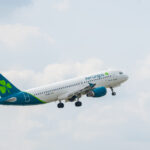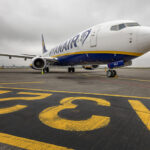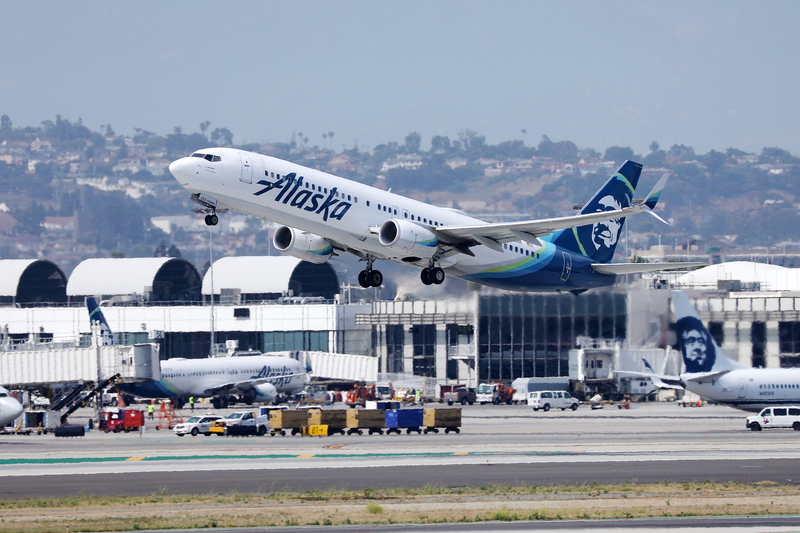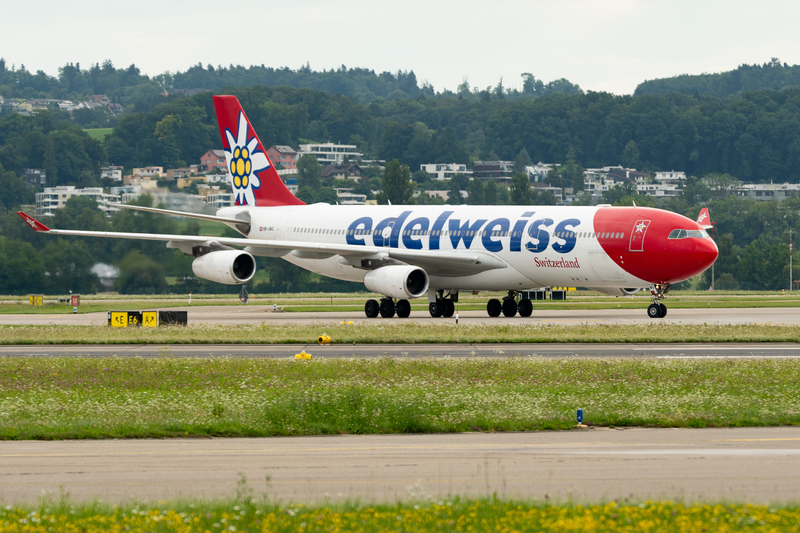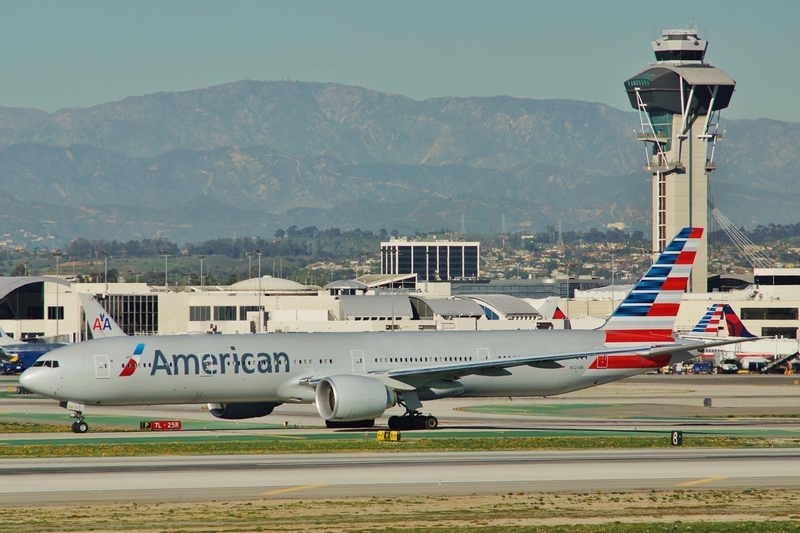British Airways Cancels Flights Due to Rolls-Royce Engine Maintenance Issues
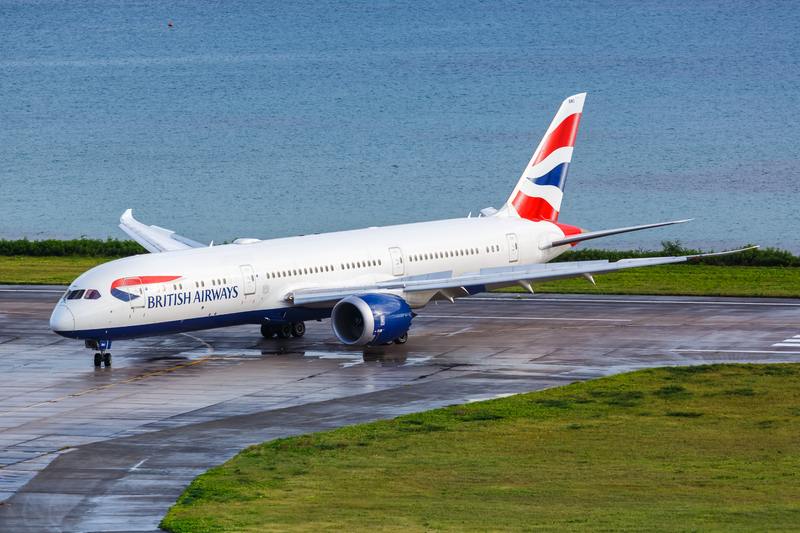
ID 181024589 | Air © Boarding1now | Dreamstime.com
British Airways has been forced to cancel hundreds of flights worldwide due to maintenance issues affecting the Rolls-Royce Trent 1000 engines on its Boeing 787 Dreamliner fleet. The grounding of five aircraft, representing around 15% of the airline’s Dreamliner fleet, has led to significant disruptions, affecting routes including newly launched services and existing long-haul destinations.
The Trent 1000 engines powering many of British Airways’ 787 Dreamliners have been prone to wear issues, a challenge affecting multiple airlines worldwide. Rolls-Royce has faced ongoing difficulties with these engines, despite modifications and repair programs aimed at resolving durability issues. The latest maintenance concerns have placed additional strain on British Airways, particularly during a period of heightened travel demand.
Details of the Grounding and Impacted Routes
British Airways has stated that it grounded the aircraft after discovering accelerated wear on the Trent 1000 engines. This proactive step is part of British Airways’ commitment to passenger safety and aligns with the airline’s stringent maintenance protocols. The impacted routes include long-haul services that heavily rely on the fuel-efficient Dreamliner fleet, notably routes to Malaysia and Qatar.
Additionally, British Airways has suspended services between London Gatwick (LGW) and New York’s JFK Airport (JFK), a popular transatlantic route, due to the aircraft shortage. Affected customers have been informed and offered alternative travel arrangements, either through rebooking on other flights or, in some cases, shifting travel dates.
The timing of the cancellations has been particularly challenging, as British Airways had recently expanded its route offerings and enhanced service frequencies to meet rising travel demand. The airline’s efforts to maintain service reliability are complicated by the need for extended engine inspections and repairs, potentially taking weeks or even months to fully resolve.
Rolls-Royce Trent 1000 Engine Issues: A Recurring Challenge
The Trent 1000 engine, designed by Rolls-Royce specifically for the Boeing 787, has faced persistent operational issues over the years. Common problems include turbine blade wear, compressor durability, and corrosion, which can lead to shorter intervals between maintenance and, in some cases, mandatory engine replacements. Rolls-Royce has implemented various modifications, and airlines using the Trent 1000 engine have worked closely with the manufacturer to mitigate these issues.
For British Airways, the decision to ground affected Dreamliners reflects a cautious approach to safety, particularly given the aircraft’s central role in its long-haul fleet. The Trent 1000’s mechanical challenges have forced many airlines to conduct more frequent inspections and unscheduled maintenance, sometimes impacting flight schedules.
Rolls-Royce has pledged to address the current maintenance requirements and provide ongoing support to British Airways, but the resolution timeline remains uncertain. In the interim, Rolls-Royce is working to expedite parts replacements and other resources to minimize downtime for the airline.
Operational and Financial Impact on British Airways
The grounding of five Dreamliners has had a noticeable operational impact on British Airways, which relies on the Boeing 787 for long-haul routes. Dreamliners offer fuel efficiency and a high level of passenger comfort, making them an ideal choice for intercontinental routes. The shortage of available aircraft has led to adjustments in service levels and forced the airline to prioritize its high-demand routes.
British Airways has also reported a financial impact due to the engine issues, with costs associated with both aircraft downtime and customer service expenses for disrupted routes. The airline is exploring options to temporarily replace capacity by redeploying other aircraft, including the Airbus A350 and Boeing 777, where available. However, logistical challenges remain, especially given the differences in seating configurations and capacity across aircraft types.
The decision to suspend services on select routes is aimed at maintaining reliable operations on remaining routes and preventing last-minute cancellations. British Airways is actively managing rebooking efforts for affected passengers, prioritizing those with essential travel needs and offering flexibility to minimize customer inconvenience.
Industry-Wide Implications and Future Prospects
The ongoing issues with the Rolls-Royce Trent 1000 engine underscore broader challenges for airlines operating the Boeing 787 Dreamliner with these engines. While modifications and improvements have been made over the years, recurring maintenance requirements continue to affect reliability and operational consistency. Airlines worldwide have voiced concerns regarding the engine’s maintenance frequency, with some opting to phase out specific engine variants in favor of more reliable alternatives.
For British Airways, the Trent 1000 issues have highlighted the need for fleet diversification and operational flexibility. The airline has invested in a mix of Airbus and Boeing aircraft in recent years, helping to reduce its reliance on any single aircraft type. The current incident has underscored the importance of such diversification, especially in the context of mechanical issues affecting specific engine models.
Rolls-Royce is expected to continue working with affected airlines to improve engine reliability and mitigate the operational disruptions faced by carriers. British Airways, meanwhile, has committed to maintaining open communication with passengers and minimizing the impact of cancellations on its reputation and customer service levels.
Bottom line
British Airways’ decision to ground Boeing 787 Dreamliners due to Trent 1000 engine maintenance issues reflects the airline’s proactive approach to passenger safety and operational integrity. While the grounding has led to significant disruptions on certain routes, British Airways is actively managing rebooking efforts to accommodate affected passengers and ensure a positive travel experience. As Rolls-Royce works to address the engine’s mechanical issues, British Airways remains focused on minimizing the impact on its operations and maintaining the highest standards of safety and reliability.
